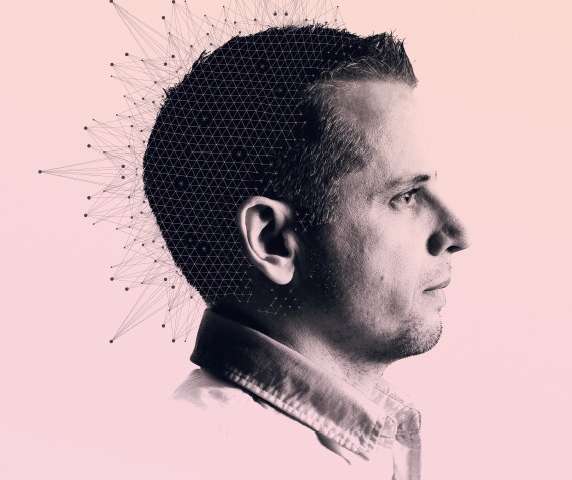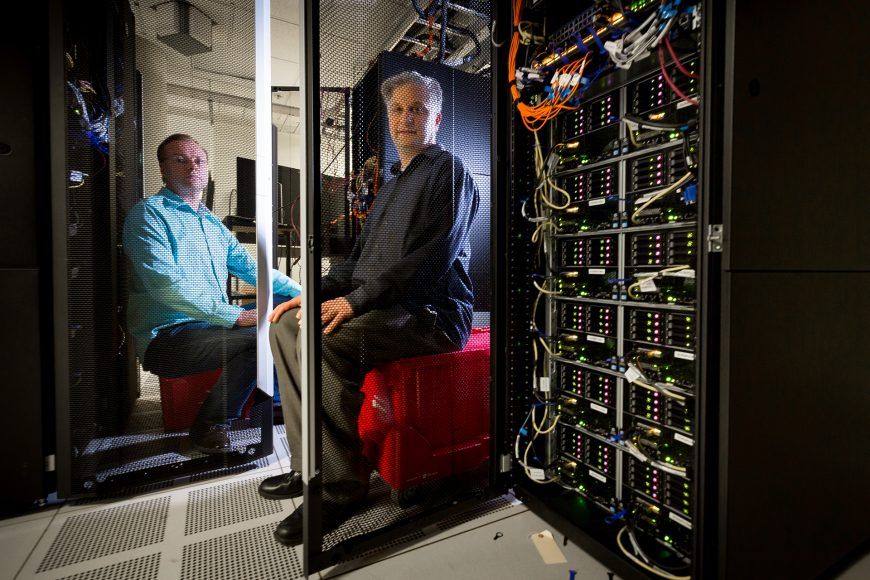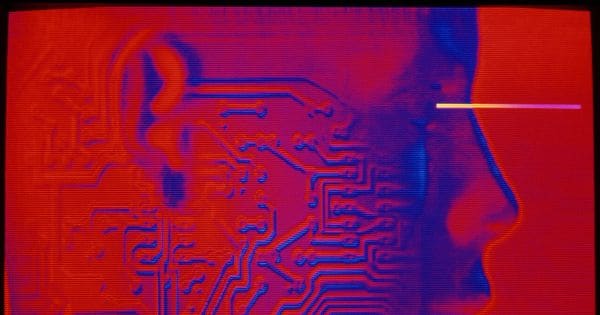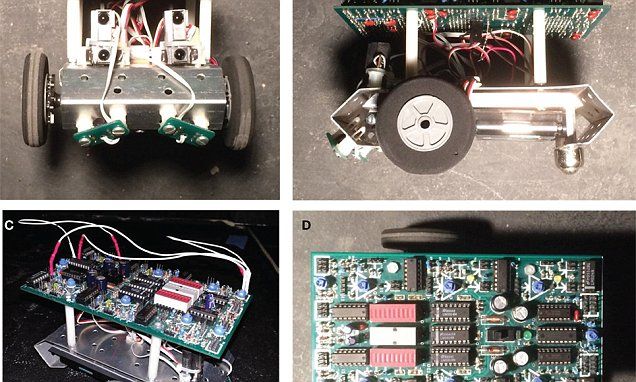Libratus, an AI built by Carnegie Mellon University (CMU), racked up over $US1.7 million ($2.2 million) worth of chips against four of the top professional poker players in the world in a 20-day marathon poker tournament that ended in Philadelphia on Tuesday…
While machines have beaten humans over the last two decade in chess, checkers, and most recently in the ancient game of Go, Libratus’ victory is significant because poker is an imperfect information game — similar to the real world where not all problems are laid out.
The difficulty in figuring out human behaviour is one of the main reasons why poker was considered immune to machines.








